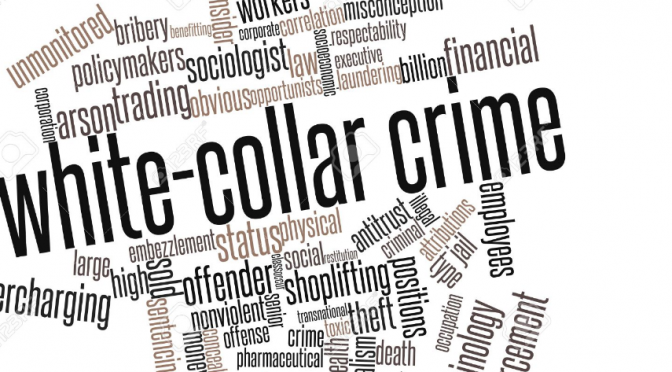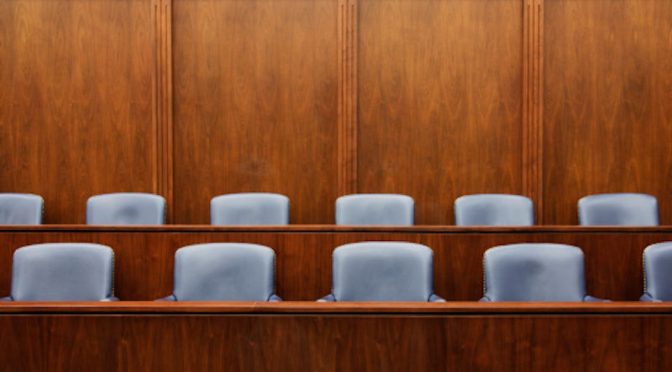Federal Lawyers: Federal Crimes Cases Lawyers!
Best Federal Crimes Lawyers
Call Us @ 800-270-8184 or After Hours Cell 818-355-4076
Find Federal Criminal Defense Attorney
Are you facing federal criminal charges in a federal court? Federal crimes are the most serious types of crimes that one can be charged with. In America, a federal crime and offense is an act that is illegal by the United States federal legislation. In America, criminal charges and laws and prosecution occur at both federal and state levels, a federal crime is one that is prosecuted under federal criminal law, and not state law. The types of federal agents that run investigations of federal crimes are but not limited to the ATF, DEA, FBI, ICE, IRS, and the Secret Service.
Wiselaws, LLC has been successfully defending clients involved in federal criminal cases for many years now. Our roster of federal attorneys have defended cases i in pretty much every type of federal criminal charge. The federal lawyer that you choose is very important, so the same lawyer you hire for a DUI is not the same lawyer you would hire or retain for a federal criminal case because the complexity of a federal criminal charge in America is much more difficult to defend and is run by a different set of rules than a basic state criminal case. Many times federal law enforcement will set up surveillance to record conversations of the accused and the federal government has unlimited resources to do so in trying to obtain a conviction. Wiselaws, LLC is very experienced in tackling the use of this specific type of evidence in the courtroom, also we do a great job in discrediting the aspects of undercover agents and informants.
The Federal Criminal System
A big difference between the federal court system and the state court system in regards to criminal defense is that when the United States Attorney`s office prosecutes federal criminal charges they tend to have an extremely more amount of time, resources, and money to direct towards a criminal prosecution case than a state`s attorney would. It is very important that anyone hiring a federal criminal defense attorney for a case dealing with criminal charges or federal grand jury proceedings retain an attorney with great experience within the federal court system. Federal prosecutors are usually better attorneys than state prosecutors, we far better academic records as well as case records, and tend to hand pick the criminal cases they which to be apart of.
Tallahassee Federal Crime Lawyers – Orlando Federal Crime Lawyers – Dallas Federal Crime Lawyers – Fort Worth Federal Crime Lawyers – Honolulu Federal Crime Lawyers – Boise Federal Crime Lawyers – Bismarck Federal Crime Lawyers – Grafton Federal Crime Lawyers – Raleigh Federal Crime Lawyers – Durham Federal Crime Lawyers – Santa Fe Federal Crime Lawyers – Albuquerque Federal Crime Lawyers – Albany Federal Crime Lawyers – Phoenix Federal Crime Lawyers – Peoria Federal Crime Lawyers – Las Vegas Federal Crime Lawyers – Louisville Federal Crime Lawyers – Little Rock Federal Crime Lawyers – Los Angeles Federal Crime Lawyers – Miami Federal Crime Lawyers – Des Moines Federal Crime Lawyers – New Haven Federal Crime Lawyers – Indianapolis Federal Crime Lawyers – Detroit Federal Crime Lawyers – Joplin Federal Crime Lawyers – Biloxi Federal Crime Lawyers – Oklahoma City Federal Crime Lawyers – Portland Federal Crime Lawyers – Sioux Falls Federal Crime Lawyers – Nashville Federal Crime Lawyers – Memphis Federal Crime Lawyers – Houston Federal Crime Lawyers – Tacoma Federal Crime Lawyers – Minneapolis Federal Crime Lawyers – Provo Federal Crime Lawyers – Tulsa Federal Crime Lawyers – Annapolis Federal Crime Lawyers – Sacramento Federal Crime Lawyers – Denver Federal Crime Lawyers – Charlotte Federal Crime Lawyers –Boston Federal Crime Lawyers – Olympia Federal Crime Lawyers – Atlanta Federal Crime Lawyers – Santa Monica Federal Crime Lawyers – Malibu Federal Crime Lawyers – Tucson Federal Crime Lawyers– Scottsdale Federal Crime Lawyers – Beverly Hills Federal Crime Lawyers – Boca Raton Federal Crime Lawyers
Accounting Fraud Lawyers, Antitrust Lawyers, Bank Fraud Lawyers, Bankruptcy Fraud Lawyers, Bribery Lawyers, Child Pornography Lawyers, Computer Crimes Lawyers, Computer Hacking Lawyers, Conspiracy Lawyers, Controlled Substance Violations Lawyers, Identity Theft Lawyers, Medicare Fraud Lawyers, Money Laundering Lawyers, Public Corruption Lawyers, Real Estate Fraud Lawyers, RICO Crimes Lawyers, Securities Fraud Lawyers, Social Security Fraud Lawyers, Tax Crimes Lawyers, Tax Evasion Lawyers, Terrorism Lawyers, Weapons Charges Lawyers, Consumer Fraud Lawyers, Corporate Crimes Lawyers, Counterfeiting Lawyers, Customs Violations Lawyers, Drug Manufacturing Lawyers, Drug Possession Lawyers, Drug Smuggling Lawyers, Drug Trafficking Lawyers, Espionage Lawyers, Extortion Lawyers, Federal Drug Crimes Lawyers, Federal Property Crimes Lawyers, Forgery Lawyers, Gang Crimes Lawyers, Gun Law Violations Lawyers, Hate Crimes Lawyers, Health Care Fraud Lawyers, Immigration Law Violations Lawyers, Insurance Fraud Lawyers, Internet Fraud Lawyers, Mail Fraud Lawyers, Medicaid Fraud Lawyers, Mortgage Fraud
Federal Criminal Investigations
When you are contacted and sought out by federal authorities in respect to and in relation to a criminal investigation, you must first figure out if they are looking at you in the realm of being a federal witness or if they are looking to charged with a federal crime. The next approach is to make sure the statements you make to federal authorities you make safely and stay far away from the traps and games that like to play, it`s probably best you say nothing and hire a federal defense lawyer.
Federal Grand Jury Testimony
An federal criminal lawyer can also be retained when a person is given a subpoena to testify before a federal grand jury in Angie as like in a federal investigation, but it is not always clear if someone is being subpoenaed as a witness or subject for indictment. It is always important to hire a federal defense attorney in case of these types of situations, as a federal attorney can help work out a deal involving immunity if necessary in exchange for testimony.
Lawyers Either Know Federal Laws Or Not, and Wise Laws Does!
Visit our friends – http://wiselaws.org/federal-crimes-lawyers.html





